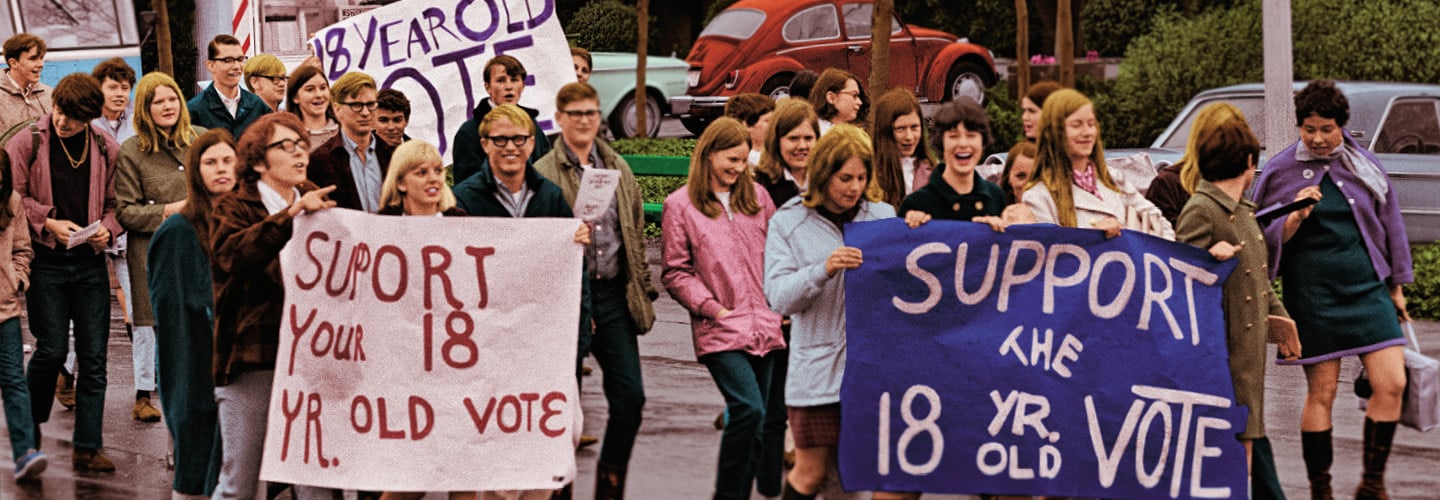Judy Lawrence was eager to turn 18 this past April so she could vote in the recent election.
“It’s always been something to look forward to,” she says. “The decisions that are being made will really affect us for the rest of our lives.”
Lawrence, a freshman at the University of Michigan, was part of a surge of young people who cast ballots in the 2020 presidential election. In an election that saw record turnout across the board, young voter turnout also increased, according to early estimates by the Center for Information & Research on Civic Learning and Engagement (CIRCLE) at Tufts University. At least 53 percent of Americans ages 18 to 29 voted in 2020. If that holds, it means a rise of at least 7 percentage points from the 2016 election.
Judy Lawrence was eager to turn 18 this past April so she could vote in the recent election.
“It’s always been something to look forward to,” she says. “The decisions that are being made will really affect us for the rest of our lives.”
Lawrence is a freshman at the University of Michigan. She was part of a wave of young people who cast ballots in the 2020 presidential election. The election saw record turnout across the board, according to early estimates by the Center for Information & Research on Civic Learning and Engagement (CIRCLE) at Tufts University. And young voter turnout also increased. At least 53 percent of Americans ages 18 to 29 voted in 2020. If that holds, it means a rise of at least 7 percentage points from the 2016 election.

